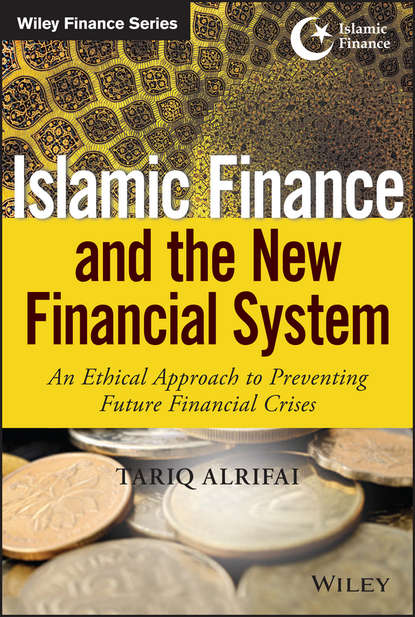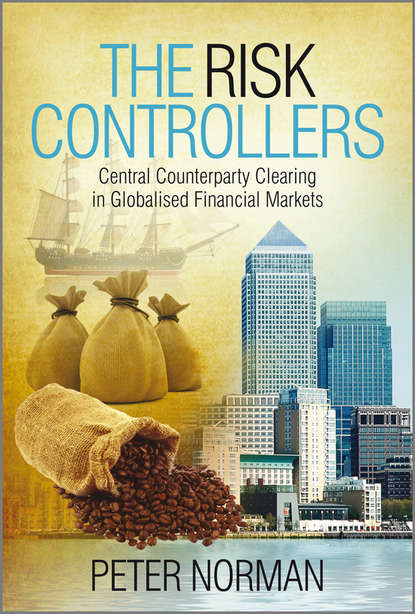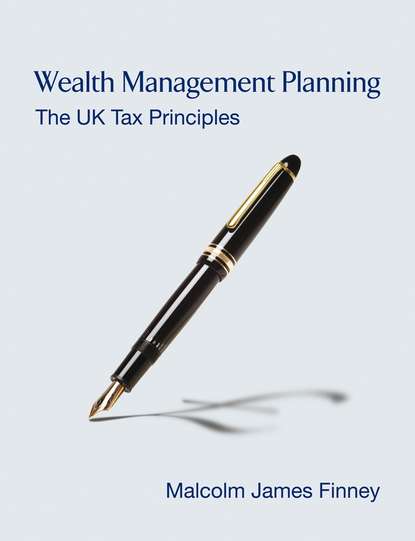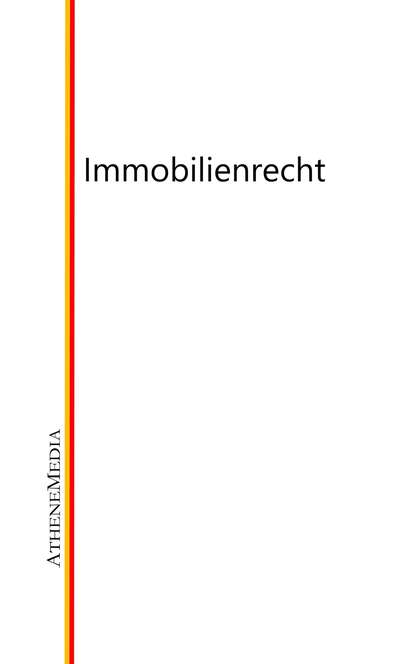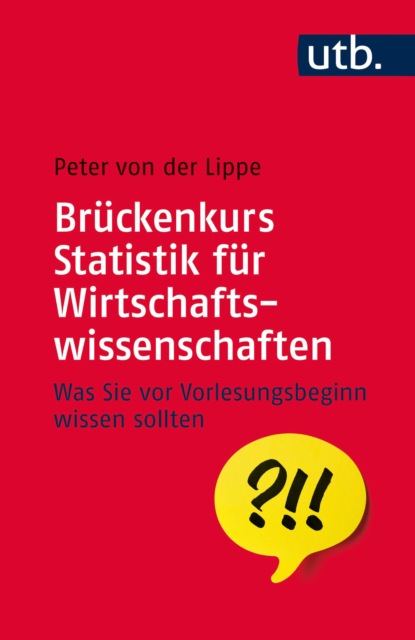Книга "Islamic Finance and the New Financial System. An Ethical Approach to Preventing Future Financial Crises" описывает, как принципы исламской финансовой системы могут помочь предотвратить будущие финансовые кризисы в мировой экономике. Автор использует примеры из истории, чтобы подчеркнуть причины финансовых кризисов, объяснить, почему они становятся все более частыми и серьезными, а также как новая финансовая система может включать элементы исламской финансовой системы, намеренно или нет. Книга также рассматривает недостатки и ограничения в теории и практике исламской финансовой системы, а также предлагает решения для предотвращения будущих кризисов. Автор делает убедительный аргумент о том, почему интеграция исламской финансовой системы в новую систему может усилить ее устойчивость. Книга поможет читателям понять ключевые принципы исламской финансовой системы, рассмотреть историю существующей финансовой системы и узнать, как исламская финансовая система может помочь построить новую экономику без долгов. В книге также обсуждаются причины, по которым исламская финансовая система не получила широкого распространения, несмотря на ее способность создать сильную и хорошо сбалансированную экономику.
This book presents informed, ethical ideas on how to prevent future economic crises. It offers a deep analysis on how adopting Islamic principles within future regulatory decision-making might help the global economic system protect it from shocks to its stability. By incorporating illustrations and real-life examples that draw clear parallels within history, financial crimes of the past are examined in order to provide insight for how they become more common and severe. The author then turns their attention to areas such as the likelihood of voluntary incorporation of Islamic principles and their potential to bolster the resilience of the new financial setting. Based on Islamic financial principles, they construct a convincing argument for what culturally diverse enthusiasts can expect as the future unfolds.
‘Can Islamic Finance save the Global System?’ explores the potential of incorporating Islamic financing principles into future global governance practices to salvage the financial ecosystems from future severe shocks. Through rich illustrations, examples and updated insights, the book shines a light on the reasons behind financial crisis frequency, explaining why they have become more recurrent and thorough, striving to incorporate Islamic finance’s core ethics into the ‘new financial system’ that can go either by design or due to the occupant’s agency. Assuming a keen look into the present order, the discussion warns of deviant interpretations and theoretical disjunctures, highlighting Islamic Finance’s lack of a successful engagement with the wider political systems. This text boldly predicts significant solutions to long-standing challenges, adumbrating a persuasive scholarly analysis into what to expect in the future as a result of international interventions and geopolitical shifts. Giving Deep Insight into Islamic Finance The pivotal sections of this treatise address the essential modalities of Islamic finance and provide a comprehensive overview of current economic dynamics. It aspires to elucidate the ways Islamic financial regulation can bolster resilience within unstable situations. Even though Islam has an institutional recognition as an alternate financial ideology, many continue to doubt its practicability and efficacy. This study offers impartial debate and historical contextualization to position dilemmas into a rationalized framework. Underscoring the ever-present anomalies and hindrances, readers can then comprehend the nuance in Islamic finance idealism and praxis, enabling them to shape meaningful conversations about global economic wisdom and intervention. Presenting the Details of a New Debt-Free Economy Although Islamic finance enjoys signifcant growth, its application within the greater lives makes it an alien concept consistently. Therefore, those operating in this economic arena ponder if its introduction to influence global institutions ‘has not yet had its day in the sun’. In this work, staggering proofs and crucial geospatial data ensued, shedding light on why Islamic Finance has not received enthusiastic worldwide attention despite its potential to create a balanced and prosperous economic structure. ‘Islamic Finance and the new Financial System’ adopts experimental pondering and analyses historical roots to offer discursive guidance for such a widespread transformation. Realizing the Practicality and Fulfillment of Global Agendas Assigned by this debut study are the insightful decompositions of two themes central to today’s debate: the fourteenth Finance Commission of India recommendations that initiates the fixes for the banking sector throughout India, which stipulates for a move towards Islamic modes of financing operations; and also, Nasr Hamid Abu Zayd’s 2016 New York Times editorial that provides a hypothetical realistic appreciation of how Islamic financial thinking ought to eventually be apportioned in the international finance ecosystem. Esteemed scholars, innovative decision-makers and thoughtful audiences can all capitalize on the dual value of the rich information offered by ‘Islamic finance and the New financial system.’ For there can never be just a theoretical response to a phenomenon that has created immense ripples applying to various economies around the globe.
Электронная Книга «Islamic Finance and the New Financial System. An Ethical Approach to Preventing Future Financial Crises» написана автором Tariq Alrifai в году.
Минимальный возраст читателя: 0
Язык: Английский
ISBN: 9781118990698
Описание книги от Tariq Alrifai
Can Islamic finance save the global system? Islamic Finance and the New Financial System describes how the adoption of Islamic finance principles in future regulatory decisions could help prevent future shocks in the global financial system. Using illustrations and examples to highlight key points in recent history, this book discusses the causes of financial crises, why they are becoming more frequent and increasingly severe, and how the new financial system will incorporate elements of Islamic finance – whether deliberately or not. With an introspective look at the system and an examination of the misconceptions and deficiencies in theory vs. practice, readers will learn why Islamic finance has not been as influential as it should be on the larger global system. Solutions to these crises are thoroughly detailed, and the author puts forth a compelling argument about what can be expected in the future. Despite international intervention and global policy changes, the financial system remains in a fragile state. There is an argument to be made about integrating Islamic finance into the new system to facilitate stronger resilience, and this book explains the nuts and bolts of the idea while providing the reader with a general understanding of Islamic finance. Understand the key principles of Islamic finance Examine the history of the current financial system Discover how Islamic finance can help build a new debt-free economy Learn how Islamic finance theory doesn't always dictate practice Although Islamic finance is a growing market, it is still a foreign concept to many. Those within the Islamic finance circles wonder why the system has yet to gain broader appeal despite its ability to create a strong and well-balanced economy. Islamic Finance and the New Financial System provides clever analysis and historical background to put the issues into perspective.
